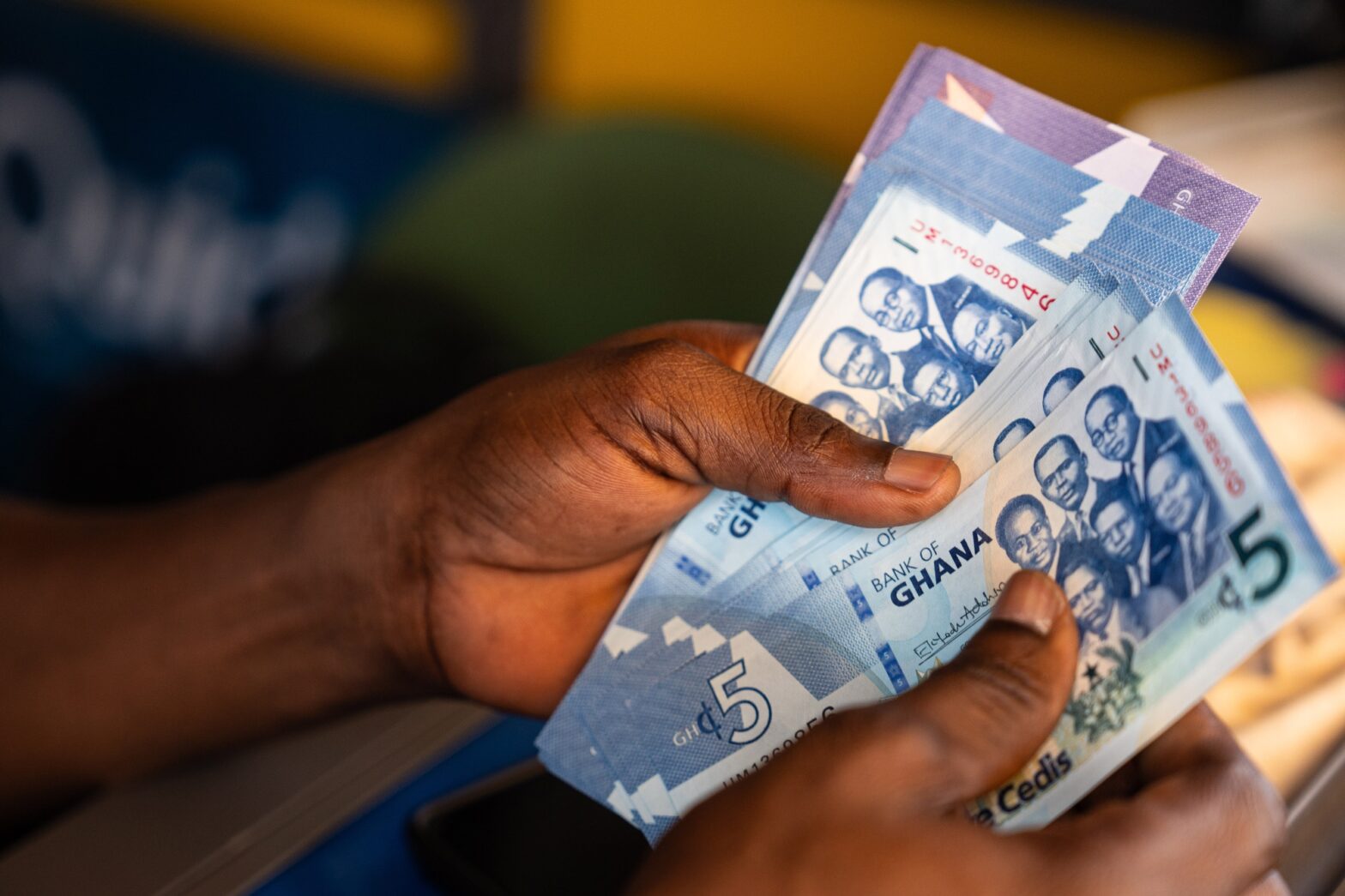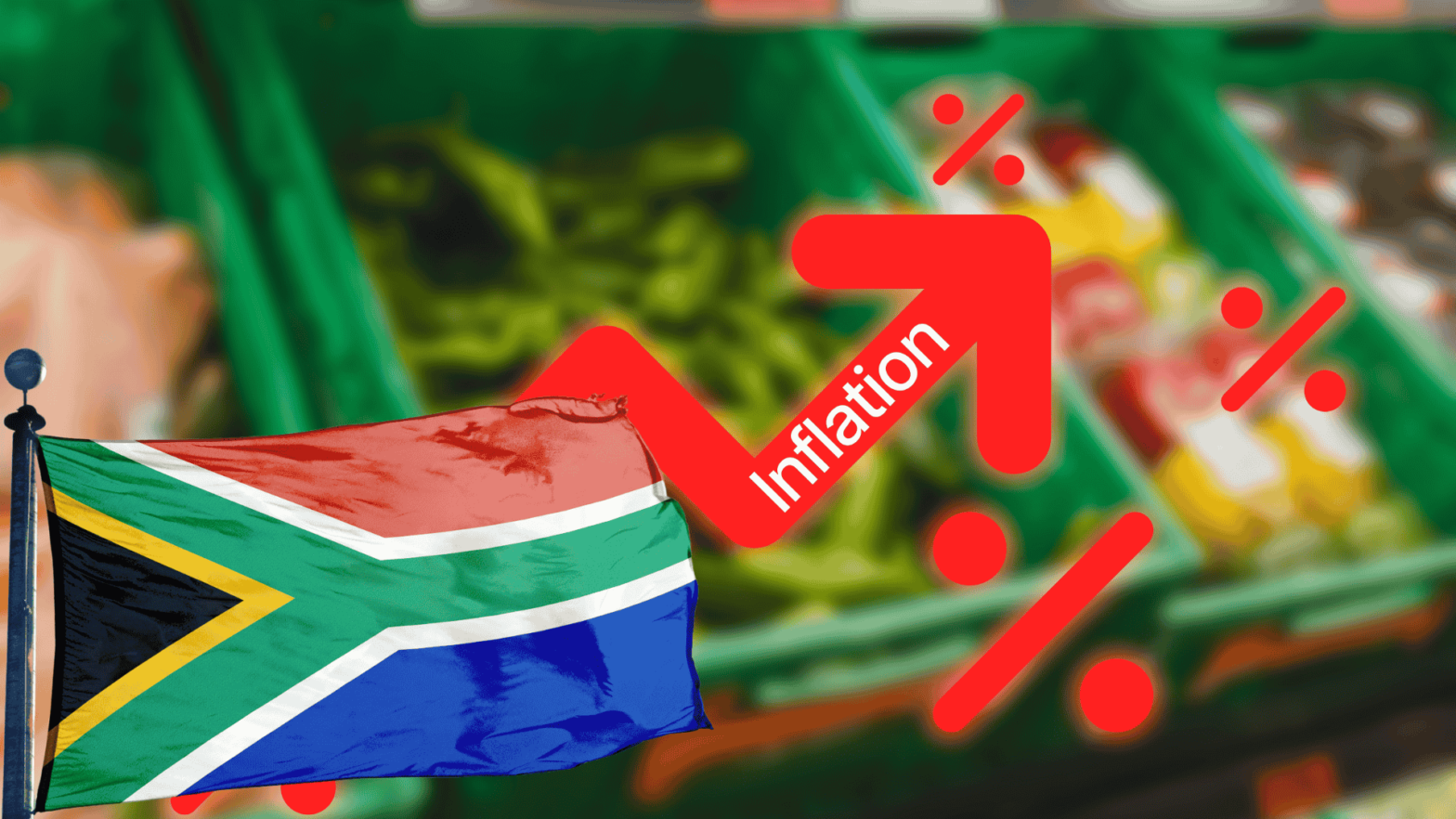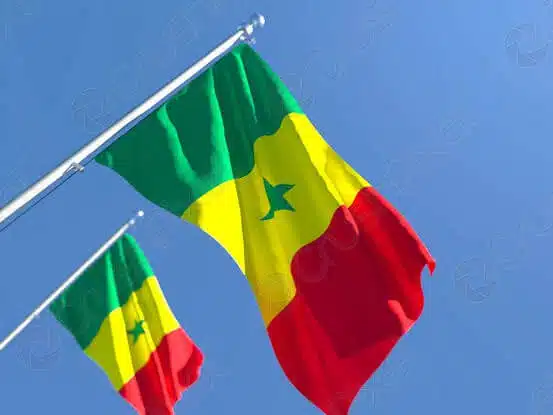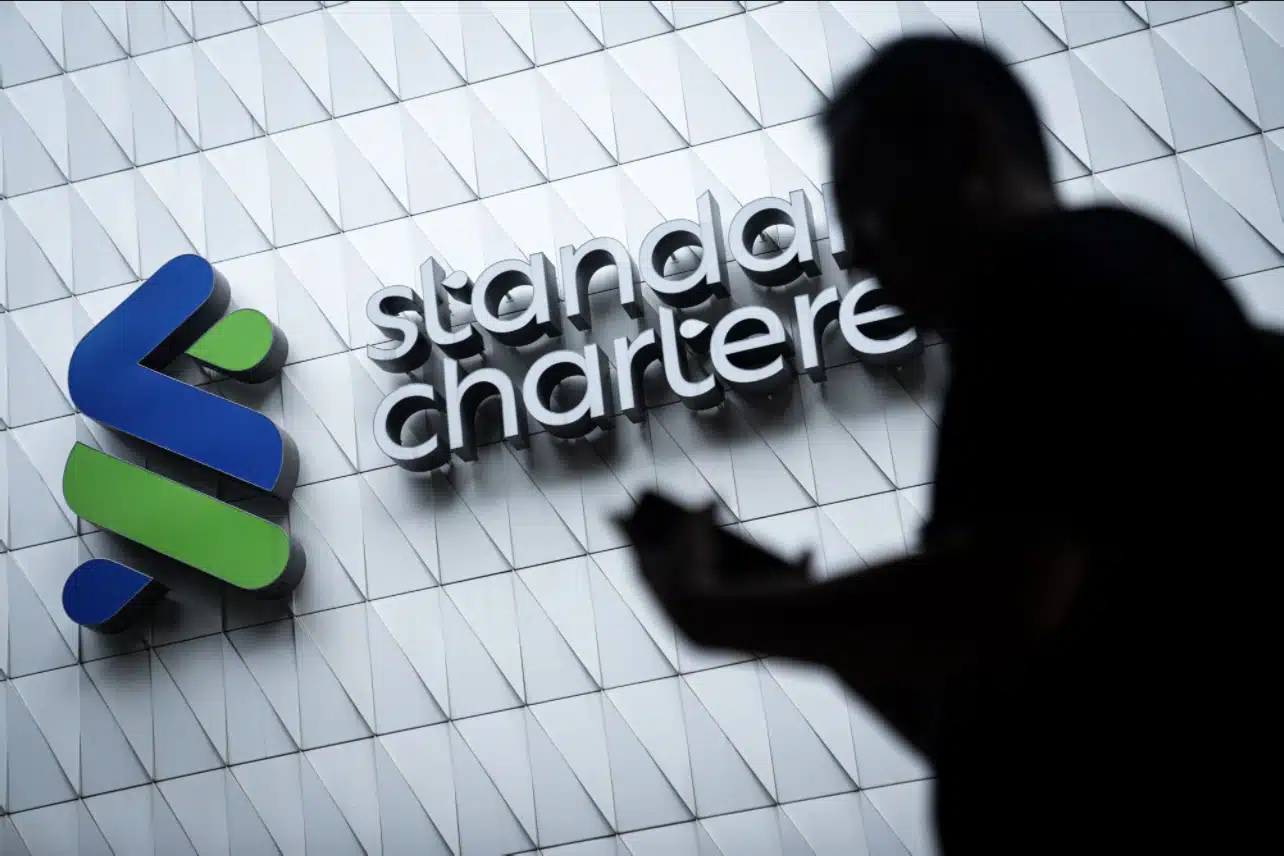Ghana has ordered all foreign traders out of its local gold market by April 30, a move aimed at tightening state control over artisanal gold sales and boosting revenue.
The new directive, issued on Monday by the recently launched Ghana Gold Board (GoldBod), ends the previous licensing system that allowed both local and foreign companies to buy and export gold from small-scale miners.
Under the revised structure, GoldBod will serve as the sole authority for the purchase, assay, sale and export of artisanal gold.
While foreign firms have been told to exit the domestic market, they can still apply to buy or offtake gold directly through GoldBod, according to the government’s statement.
All previously issued licences have now been invalidated.
Africa’s leading gold producer, Ghana is seeking to plug revenue leakages, curb smuggling and maximise foreign exchange earnings from its vast small-scale mining sector.
Finance Minister Cassiel Ato Forson said in January that the creation of GoldBod was designed to ensure that gold sales translate more effectively into economic gains while helping to stabilise the cedi.
The policy shift comes on the heels of a strong performance in gold exports.
Ghana’s total gold shipments rose by 53.2% in 2024 to $11.64 billion, with nearly $5 billion of that attributed to legal small-scale miners.
The commodity accounted for 57% of the country’s export earnings, underlining its central role in GDP growth.
Recent global dynamics have added urgency to the reforms.
Gold prices jumped to a record $3,200 per ounce on Friday, as investors flocked to the metal amid heightened geopolitical tensions and fears triggered by the ongoing U.S.-China trade war.
The price surge could cushion Ghana – one of Africa’s top 10 crude oil producers – from potential revenue losses as oil markets continue to weaken.
According to the most recent estimates, Brent crude has slipped 13% this month to $64 per barrel, weighed down by softer global demand projections and increased output from OPEC+ members.
The downturn in prices comes just as Ghana’s oil production rebounds from a five-year decline.
Petroleum now contributes around 7% of government revenue, according to the Public Interest and Accountability Committee.











